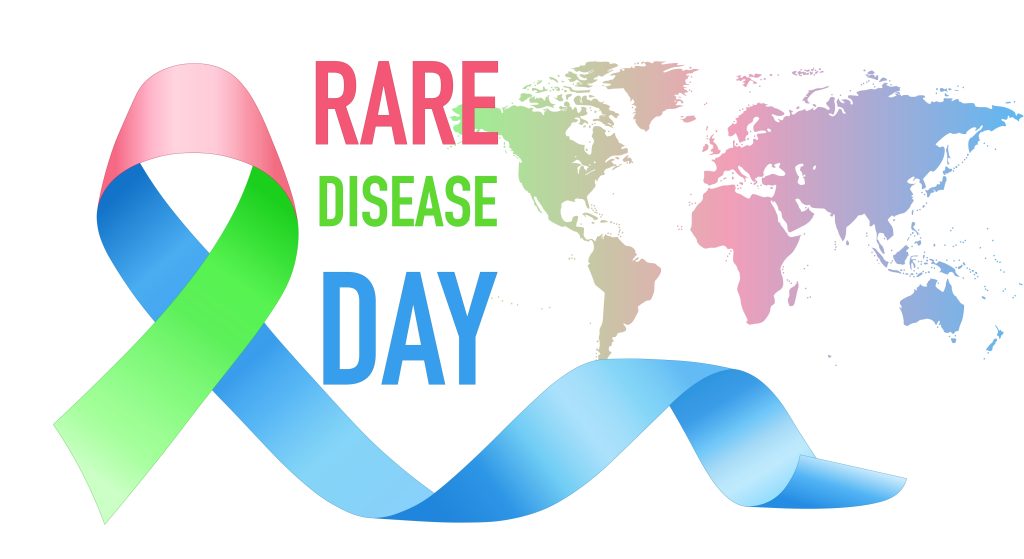
This year, Rare Disease Day is marked on 29 February and, over the past decade, we have seen significant strides in the development of treatments for rare diseases. Despite this, many rare disease patients have no licensed treatment options and face high levels of unmet need.
A new report from the BIA, Evaluating patient access to rare disease treatments – with research provided by PwC – has assessed the progress the UK has made in providing faster and broader access to rare disease treatments and the opportunities for the UK to drive further improvements in this space.
Rare diseases are classified as diseases that impact fewer than 1 in 2,000 of the population. There are over 7,000 known rare diseases and, while individually these diseases are rare, collectively they are estimated to affect over 3.5 million individuals in the UK. People living with rare diseases face many challenges, from difficulties in getting a diagnosis to the impact on their mental health. Treatments for rare diseases can alleviate many of these challenges and in recent years we have seen some new rare disease treatments being made available to patients in the UK. Despite this progress, 95% of rare diseases have no approved treatment.
Unique challenges
One of the challenges faced by developers of rare disease medicines is securing sustainable patient access to these treatments in different markets, including the UK. Because of the unique challenges associated with rare disease medicines, also termed ‘orphan drugs’, there are often obstacles to generating robust evidence of cost-effectiveness. These inherent hurdles are created by the low patient numbers of each disease and the difficulties that this presents in terms of the understanding and diagnosis of these diseases, as well as uncertainty around the evidence base generated from clinical trials.
The BIA’s Rare Disease Industry Group (RDIG) has been making the case for many years for changes that would help to overcome these obstacles and secure broader and faster patient access to rare disease treatments in the UK. This has involved working closely with the UK’s health technology assessment (HTA) body, the National Institute for Health and Care Excellence (NICE).
Read the article in full here.





